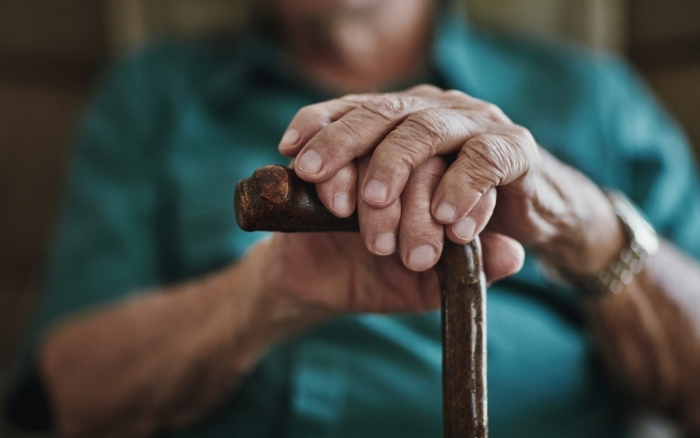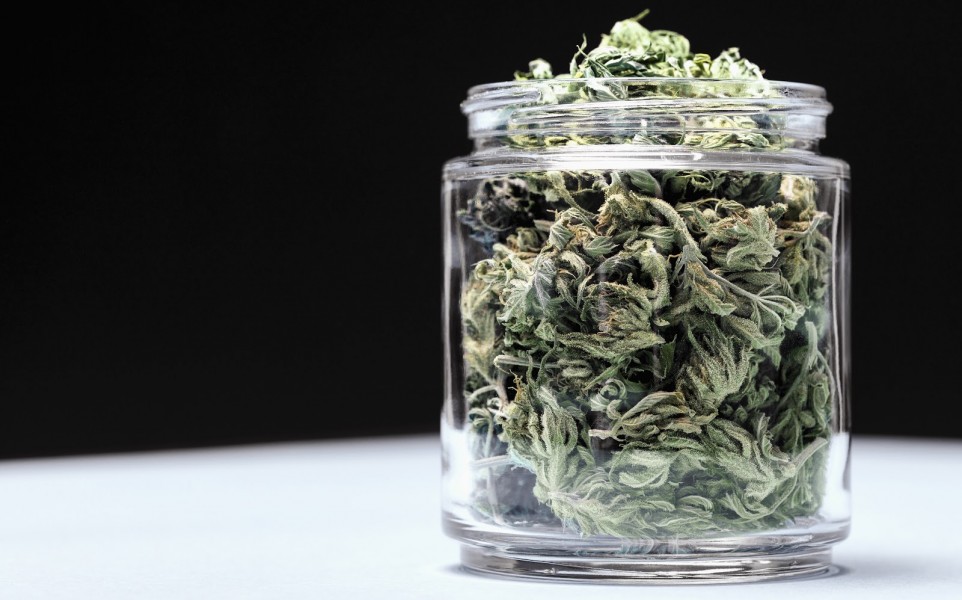Nursing homes can be sanctuaries for those who need them. Whether it is assisted living or around-the-clock care, elders receive help with everyday tasks such as eating, exercising, socializing, and taking medication.
But what about those seniors whose medication includes cannabis? While the exact numbers are hard to pin down, surveys show that cannabis use among seniors is steadily on the rise.
For example, between 2006 and 2013, the National Survey on Drug Use and Health found that the rate of cannabis use in persons 65 and older has risen by 250%. It makes sense considering the plethora of ailments that cannabis can address.
Why wouldn’t such a healing plant find popularity among those with higher rates of chronic pain, cancers, glaucoma, and other cannabis-benefited issues?
With legalization steadily growing and over half the states in the nation having some sort of medical cannabis program, it seems obvious that nursing homes would find ways to incorporate medical cannabis into a resident’s routine, offering them a better quality of life. However, such is not the case.
Where to find cannabis-positive facilities
There is no database for cannabis-approved nursing homes to register, no master list nor certificate to look for when reviewing a home. Upon my research for this article, I made some cold calls to nursing homes across the nation to highlight those which allowed medical card holders access to cannabis.
Out of nearly 100 highly-rated homes—in states such as Oregon, Washington, Nevada, Vermont, Montana, California, Maine, New York, and Colorado—only three nursing homes said they allow cannabis use.
The second was Anderson House in Seattle. While they do not allow smoking (or even vaping), they do allow medical cannabis patients access to edibles or tinctures.
The third and final is Life Care Center of Reno, located in Nevada. Although not very forthcoming, they did say that while they do not allow smoking or vaping, they do allow edibles if the resident has a condition approved by their on-site physician for medical cannabis, such as improving appetite.
“Uh, I’m not sure. I’d have to find out.”
“I have no idea.”
“Please hold.”
Not only was it extremely difficult to find a nursing home that allowed medical cannabis, it was apparently a question that most had not even considered—even in legal states.
Only a very small handful of nursing homes I spoke to were pragmatic, interested, and willing to engage with me on the topic of cannabis. One woman at a nursing home in Montana told me (sympathetically) that while she anticipated things to change in the future, right now the answer was “no.” Another at a facility in Nevada, who self-described as an old hippie, mused curiously over my question.
“You know, it’s funny,” she said, “we just legalized for recreational use as well as medical, but no… we don’t allow it.”
I was getting ready to give up, until I decided to call one more nursing home in Oregon. An administrator answered the phone, and when I asked the question I had memorized dutifully by then, the voice on the other end actually perked up—and had a lot to say.
Cannabis clashes with medicare
The administrator, who wished to remain anonymous, spoke openly about the obstacles that stand in the way of senior citizens using medical cannabis in nursing homes.
“It’s not a fear of marijuana that prevents medical cannabis use. Nursing homes are a heavily regulated industry.” He went on to explain that factors such as an inability to accurately determine dosage are a major issue, while another is Medicare.
Medicare is the U.S. government’s only federally funded single-payer health care program. The program provides coverage to more than 49 million Americans, and while not all are seniors, a large portion are over the age of 65. In fact, those between the ages of 65-67 make up 16% of Medicare subscribers.
Medicare is also responsible for funding a large portion of nursing homes. In fact, several of the nursing homes I called to ask about cannabis use simple replied with, “we’re funded by Medicare.”
The meaning? Federally-funded nursing homes can’t or won’t allow patients access to medical cannabis due to the continued federal prohibition on cannabis.
However, not all hope is lost. The source I spoke with in Oregon was adamant that this is an ongoing conversation and something that many in key positions want to change. He referred me to the Oregon Health Care Association for a broader explanation of the steps they are taking to regulate and provide patient access. I reached out for comment, but they did not immediately respond to call or email.
It is disheartening that in the age of cannabis reform, senior citizens—arguably the most at need for medical cannabis as a group—are being denied access to medicine that can help them if they are residents of a home.
There is a cruel irony in moving to a care center and as a result being denied an aspect of care that can help improve the quality of life for so many.
As cannabis reform continues to progress, it is worthwhile to ask what can be done for the residents of senior homes and to continually push for reform. For some, it may take federal legalization; for others, it may simply be a matter of developing regulations, dosage guidelines, and to always ask the question, “will you allow your residents to use medical cannabis?” so that the answer is no longer one of ignorance, but of understanding.
credit:420intel.com










